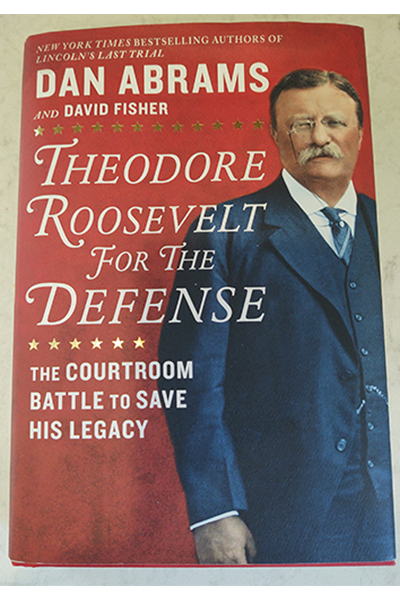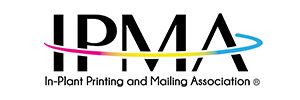
I recently finished a fascinating book about our 26th president. Entitled Theodore Roosevelt for the Defense by Dan Abrams and David Fisher, the book covers a 1915 libel suit against Mr. Roosevelt. In a speech, and again in print, Roosevelt railed against the corrupt politicians of the day. He specifically called out the leaders of the New York Democrat and Republican parties for colluding against the best interests of the general public.
The Republican leader, William Barnes, sued Roosevelt for libel. He asked the court for $50,000 (over $1.4 million today). Taking place in Syracuse, NY, the trial lasted 5 weeks and Roosevelt took the witness stand for over 8 days.
Most historians focus on the lawyers’ performances, Roosevelt’s testimony and the political backdrop of World War One. But the most exciting part of the trial? When Roosevelt claimed that Barnes had used his political influence to obtain a printing contract for the state of New York – even though he didn’t own a printing press!
In the late 19th and early 20th century, printing contracts for the state were very lucrative. Companies would print more copies than were actually needed, or adjust the spacing of lines to increase the number of pages. And many of the documents printed ended up in storage. Never to be read by anyone.
The judge instructed the jurors to disregard the testimony about the print contracts when deciding liability, but could consider it when deciding damages. The verdict? Well, you’ll have to read the book.
As governor of New York, Roosevelt had attempted to fight the corruption by establishing a state-owned in-plant print shop. However, Barnes and his allies made sure that the bill didn’t pass. When Roosevelt’s successors tried similar ways to create an in-plant, their bills suffered the same fate.
An in-plant operation being proposed to reduce costs, eliminate unneeded work and increase accountability. Not just the goal of good government over 100 years ago, but the same reasons for organizations to have in-plants today.
Well run operations need more than facts and figures, they need a story. Managers need to be able to tell their leaders why the in-plant is important – beyond the budget. In monthly reports, include details of ways the department:
- Provided exceptional service to a customer – internal or external
- Generated enhanced value – at no extra cost
- Assisted teachers in providing excellence for students
- Protected the privacy of clients by preventing errors
- Maximized postage discounts while improving delivery times
- Educated internal departments on available technology
Balanced budgets are important. Producing print and mail at the lowest possible costs is paramount. Just as important are the stories that demonstrate the value your in-plant provides the parent organization.
And that senior management knows those stories and understand the importance of your operation.

Mark M. Fallon is president and CEO of The Berkshire Company, a consulting firm specializing in mail and document processing strategies. The company develops customized solutions integrating proven management concepts with emerging technologies to achieve total process management. He offers a vision of the document that integrates technology, data quality, process integrity, and electronic delivery. His successes are based upon using leadership to implement innovative solutions in the document process. You can contact Mark at mmf@berkshire-company.com.
